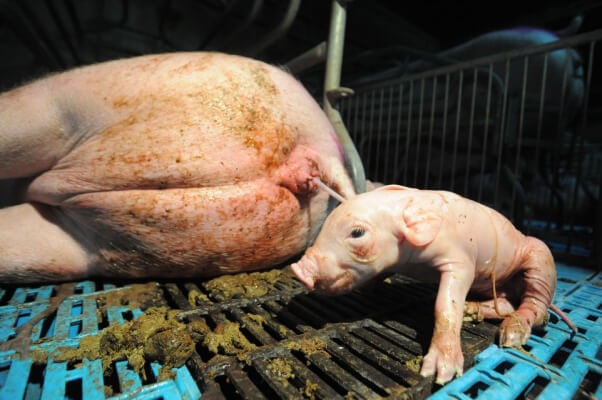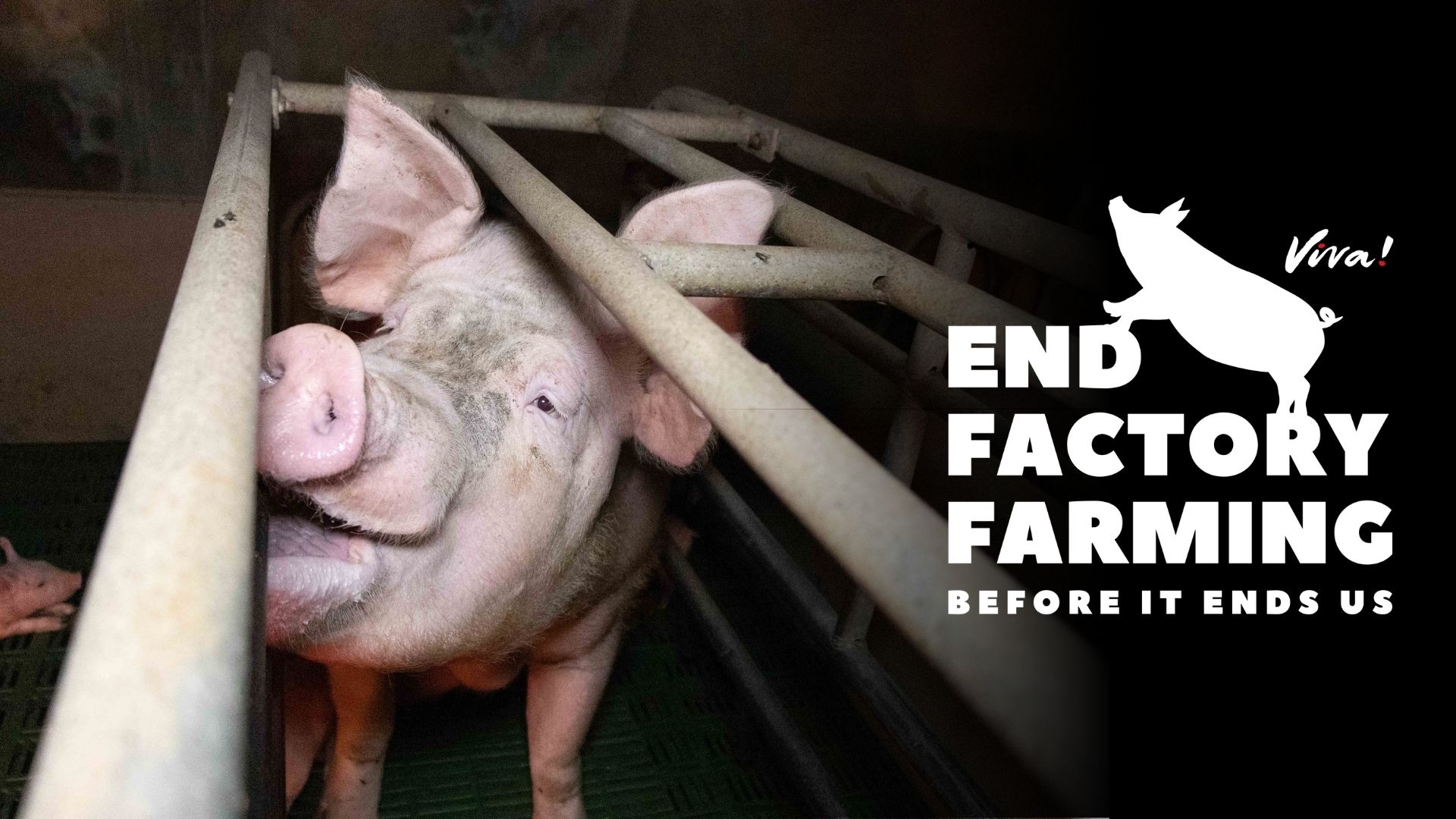Leaked documents obtained by Unearthed reveal how a coalition of meat industry associations has pushed for the upcoming UN food systems summit to boost global meat consumption and promote intensive livestock farming despite its environmental footprint, Zachery Boren writes.
The findings have prompted the UN special rapporteur on the right to food, Michael Fakhri, to warn that powerful agribusiness interests could “dominate the discussion”, leading to disappointing outcomes.
In a draft position paper prepared in June for the summit, a group of industry associations including the International Meat Secretariat and International Poultry Council called for the UN to support increased meat consumption worldwide, arguing that “advances in intensive livestock systems” would “contribute to the preservation of planetary resources.”
The associations – who represent leading corporations that account for much of the global meat supply chain – wrote the paper in their capacity as key members of the summit’s ‘sustainable livestock’ cluster, a working group set up to recommend policies for the summit.
The story is also reported in The Guardian and L’Humanite.
Why Factory Farming is barbaric
In the U.S. today, 99% of animals used for food live on massive industrial “factory farms,” where they’re crammed by the thousands into wire cages, metal crates, or other extremely restrictive enclosures inside filthy, windowless sheds. These animals will never raise their families, root around in the soil, build nests, or do anything that is natural and important to them. Most won’t even feel the warmth of the sun on their backs or breathe fresh air until the day they’re loaded onto trucks headed for slaughterhouses.
The factory farming industry strives to maximize output while minimizing costs—always at the animals’ expense. The giant corporations that run most factory farms have found that they can make more money by squeezing as many animals as possible into tiny spaces, even though many of the animals die from disease or infection.
Animals on factory farms endure constant fear and torment:
- They’re often given so little space that they can’t even turn around or lie down comfortably. Egg-laying hens are kept in small cages, chickens and pigs are kept in jam-packed sheds, and cows are kept on crowded, filthy feedlots.
- Antibiotics are used to make animals grow faster and to keep them alive in the unsanitary conditions. Research shows that factory farms’ widespread use of antibiotics can lead to antibiotic-resistant bacteria that threaten human health.
- Most factory-farmed animals have been genetically manipulated to grow larger or to produce more milk or eggs than they naturally would. Some chickens grow so unnaturally large that their legs cannot support their outsized bodies, and they suffer from starvation or dehydration when they can’t walk to reach food and water.

© Jo-Anne McArthur / We Animals
When they’ve grown large enough to slaughter or their bodies have been worn out from producing milk or eggs, animals raised for food are crowded onto trucks and transported for miles through all weather extremes, typically without food or water. At the slaughterhouse, those who survived the transport will have their throats slit, often while they’re still conscious. Many remain conscious when they’re plunged into the scalding-hot water of the defeathering or hair-removal tanks or while their bodies are being skinned or hacked apart.
PLEASE SUPPORT US FOR JUST £2 A MONTH












